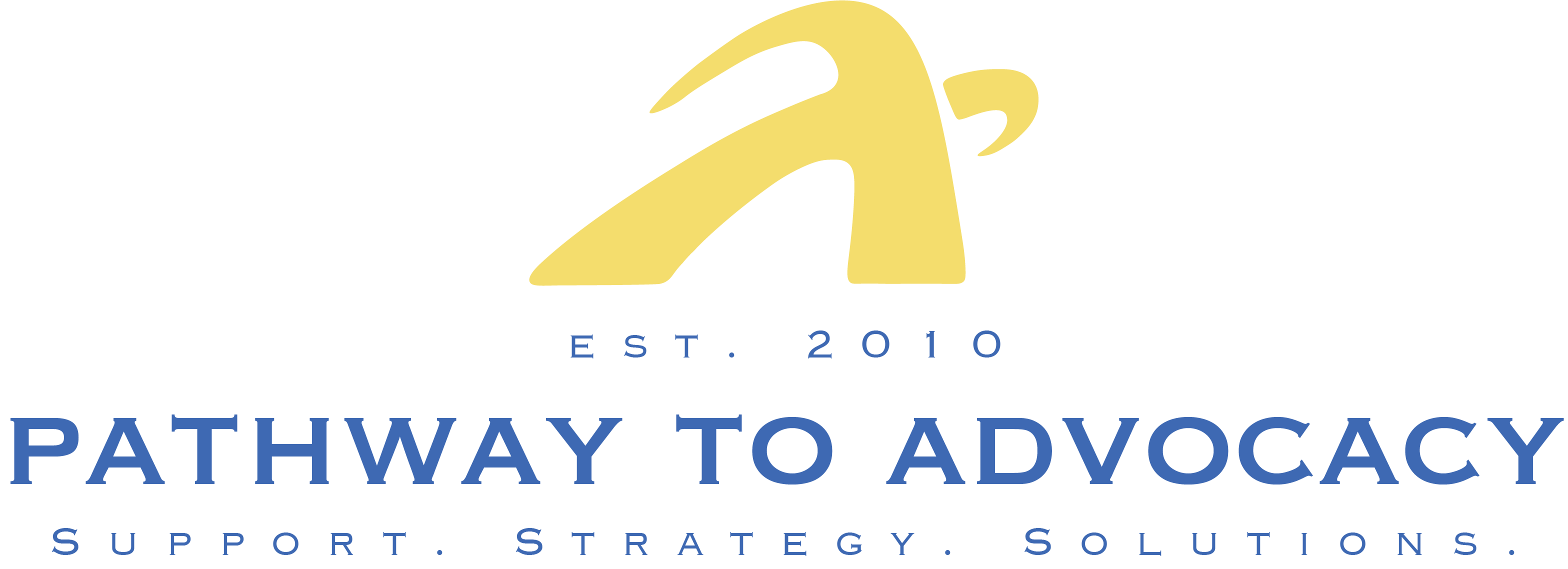Advocating for your child’s special education needs can feel like learning a second language—one filled with acronyms, meetings, paperwork, and high emotions.
But here’s the good news: you don’t need a law degree to be an effective advocate. You just need the right tools, strategies, and support. In this post, I’m sharing clear, actionable steps to help you show up with confidence, speak up with clarity, and make sure your child gets what they need to thrive.
Understand the Basics of Special Education Law
You don’t have to memorize legal codes, but having a working knowledge of key laws can help you ask better questions and recognize when something doesn’t seem right.
Here are a few foundational terms to know:
-
IDEA (Individuals with Disabilities Education Act): Guarantees the right to a Free Appropriate Public Education (FAPE) and provides for IEPs.
-
Section 504 of the Rehabilitation Act: Prohibits disability discrimination and ensures accommodations in school settings.
-
FAPE: Your child is entitled to an education that meets their unique needs, at no cost to you.
Tip: Keep a printed or bookmarked copy of your parent rights and procedural safeguards for easy reference.
Keep Communication Clear and Documented
Strong advocacy often comes down to communication. When you speak with your child’s teacher, case manager, or district, keep things clear, collaborative, and written whenever possible.
Strategies that work:
-
Send follow-up emails after phone calls or meetings.
-
Keep tone respectful, even when emotions are high.
-
Use phrases like: “I’d like to better understand…” or “Can you help me clarify…”
This helps avoid misunderstandings and creates a paper trail if you ever need to escalate your concerns.
Prepare for IEP Meetings Like a Pro
IEP meetings can be intimidating, but preparation helps you walk in with confidence.
Here’s how to get ready:
-
Review your child’s current IEP, goals, and services ahead of time.
-
Make a list of questions or concerns.
-
Bring relevant documentation—assessment results, progress reports, or notes from therapists.
-
Take notes or bring someone with you to help.
Bonus tip: Bring a strengths-based mindset. Start the meeting by sharing something your child is doing well—it sets a positive tone and reminds the team who the meeting is really about.
Ask Questions—and Keep Asking
You have every right to ask questions until you fully understand what’s being proposed (or denied). If school staff use technical terms or seem vague, don’t be afraid to say:
-
“Can you explain that in parent-friendly language?”
-
“How will that service be delivered?”
-
“What data is being used to make that decision?”
Advocacy isn’t about being combative—it’s about being informed and involved.
Trust Your Instincts—and Take Action Early
If you sense that something isn’t working for your child, trust that feeling.
You don’t have to wait for a crisis to speak up. Whether it’s a drop in progress, services not being delivered, or behavioral changes, it’s okay to request a meeting, ask for a new assessment, or propose changes to the IEP.
And if you’re not getting the support you need, it’s okay to bring in help.
You Don’t Have to Do It Alone
Effective advocacy is often about knowing when to reach out. A special education advocate can:
-
Help you prepare for IEP meetings
-
Review documents and suggest areas to address
-
Support you through disagreements with the school
-
Empower you to feel more confident in the process
Whether you’re brand new to special education or deep in the journey, you deserve support too.
Need Help Advocating for Your Child?
At Pathway to Advocacy, I work with parents and caregivers to help them navigate special education with clarity, confidence, and care. I’ll meet you where you are—whether you’re preparing for your first IEP or facing a challenging situation with your district.
📩 Contact me to schedule a consultation or learn more about how I can support your family.




